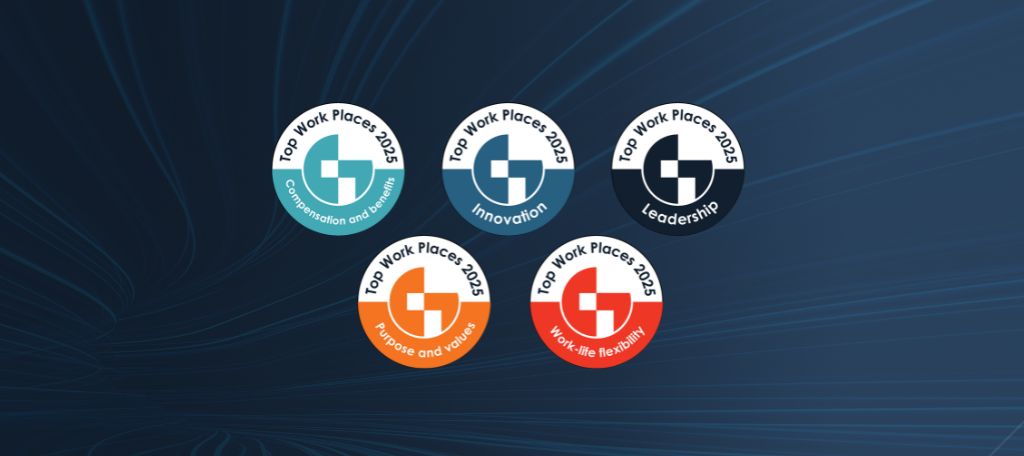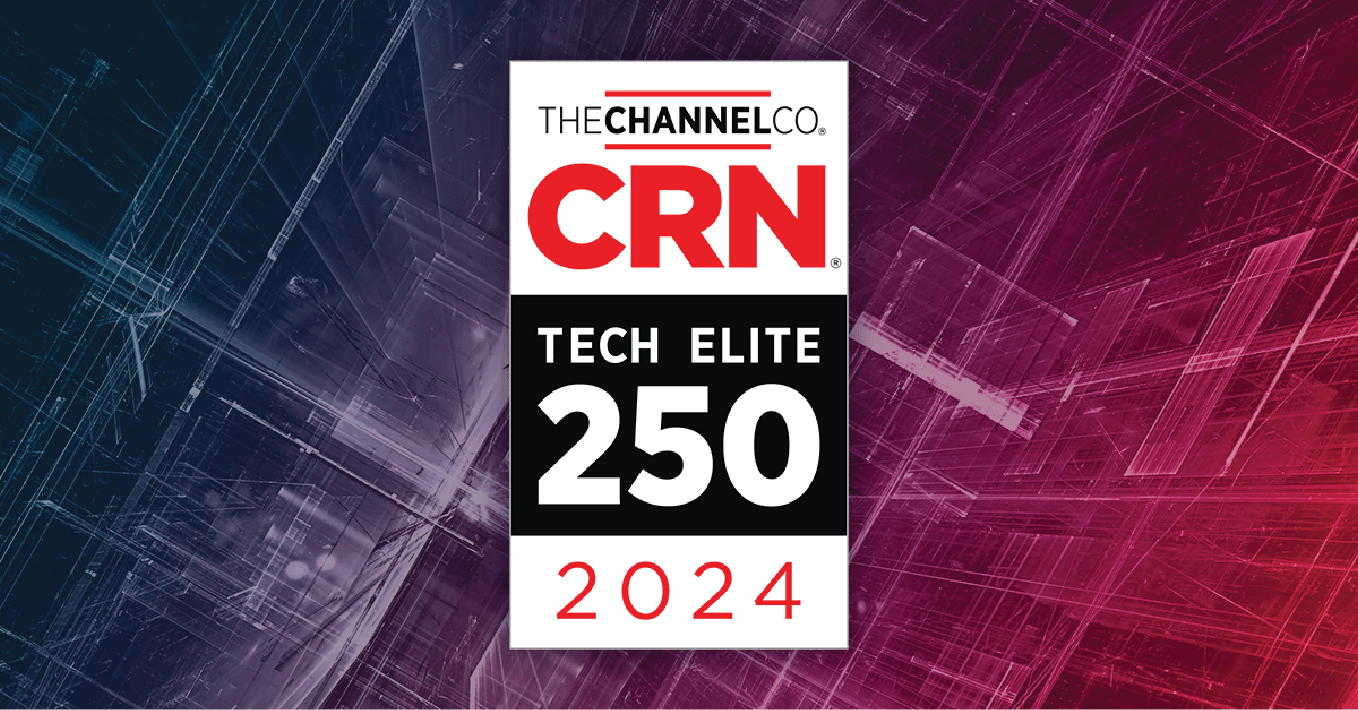The following was originally posted by Joseph F. Kovar on CRN.
Data has never been more important to businesses large or small. They collect ever more data about their operations and their customers, protect it, manage it and, most importantly, mine it for information as a way to improve efficiencies and find better ways to serve clients’ needs.
As businesses increasingly apply big data, business analytics, data mining and other tools for turning data into information, they count on storage vendors and their solution providers to make sure that data is available. In fact, solution providers say that they are helping customers capture startling data insight that was unimaginable years ago by making sure they have all the right storage technology—from hardware components to the data protection software to artificial intelligence-based software-defined offerings and data management offerings that cut through the clutter.
To do that, storage systems need three things, said John Woodall, vice president of engineering west at GDT, a Dallas, Texas-based solution provider.
The first is security, including encryption of data at rest, which is pretty common, Woodall said. However, he said, customers are increasingly asking for higher requirements like FIPS 140-2 Level 2 compliance.
The second is storage efficiency, which comes from such storage-based data reduction capabilities as deduplication and compression, which is important for decreasing storage costs even as the amount of data created grows, Woodall said.
The third is visibility where arrays report data on storage metrics that can be monitored over time for AI-driven predictive analytics, he said.
“The best storage requires all three: security, efficiency and visibility,” he said. “A lot of systems have them in varying levels. A complete solution may require multiple vendors. And there’s nothing wrong with this. It might be best in some scenarios.”
Mark Gonzalez, regional vice president of sales at ePlus, a Herndon, Va.-based solution provider, said the company behind the storage is as important as the technology. Gonzalez told CRN there are two types of storage vendors: partner-tolerant and partner-centric. “The ones that are extremely successful are partner-centric,” he said. “They have programs that are compelling.”
With that in mind, CRN has pulled together the Storage 100: the best, brightest, and most innovative providers of storage technology for solution providers. As part of the inaugural Storage 100, CRN is highlighting 20 data management vendors, which ensure that the right data is available as needed; 20 data protection vendors, which ensure data is backed up, archived and accessible; 40 software-defined storage vendors, which bring software capabilities, services and cloud connectivity; and 20 storage component vendors, which give software and data a hardware base on which to operate.




